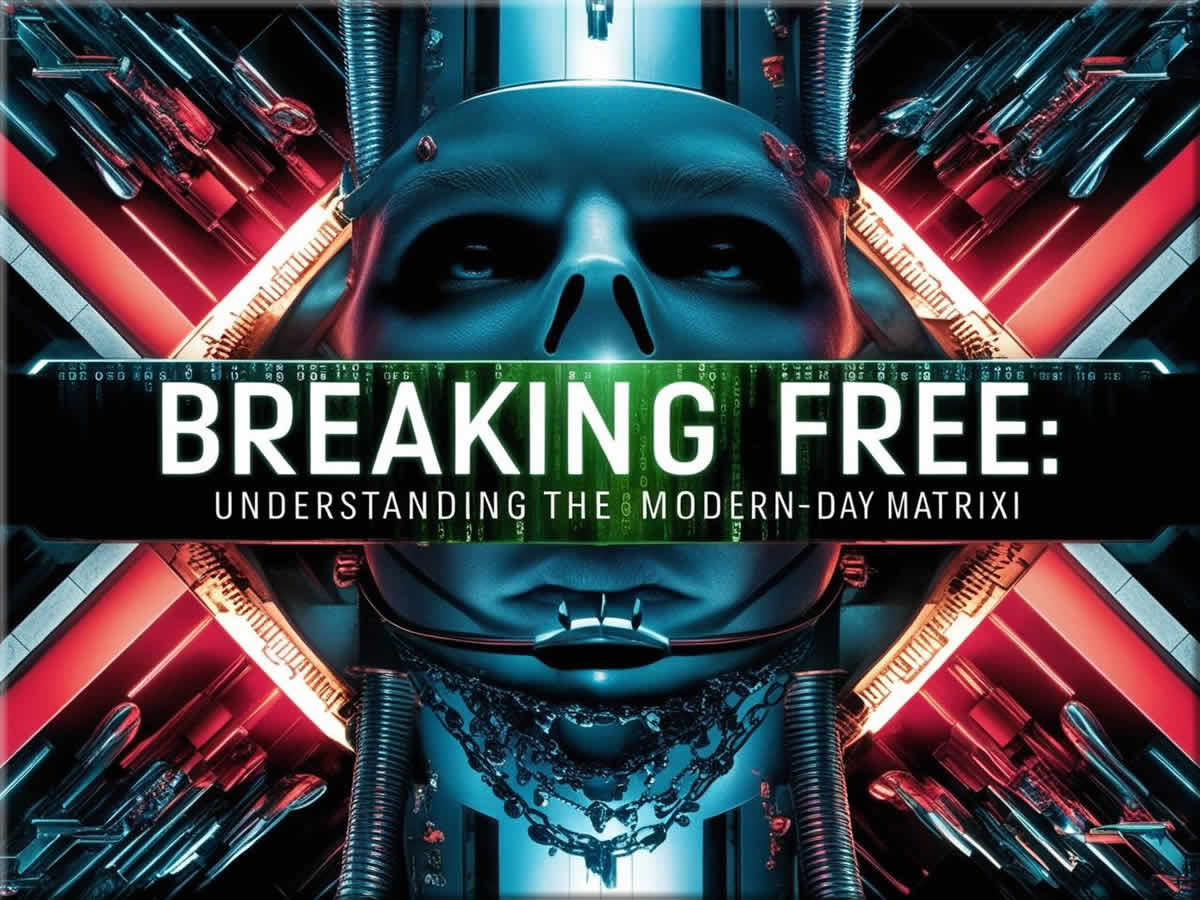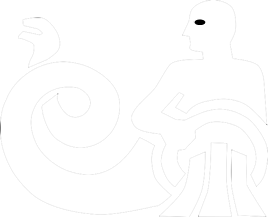
Conformity and Obedience – The Societal Programming
Conformity and obedience play significant roles in shaping how society functions. Although these two concepts might seem similar at first, they encompass distinct behaviors and motives.
Conformity is often about blending in with a group. It occurs when people adjust their attitudes or behaviors to align with group norms, such as those of political parties. You might notice this when politicians change their opinions to match the majority of their constituents.
Obedience, on the other hand, revolves around following orders or adhering to rules set by authority figures. Unlike conformity, which often stems from peer pressure, obedience is linked to an individual’s response to directives from those they see as authority figures.
Various psychological studies have focused on understanding the nuances of these concepts. Pioneering research by Solomon Asch in the 1950s showed how group pressure can lead individuals to conform, illustrating the power of majority influence. Meanwhile, Stanley Milgram’s famous obedience experiments revealed how ordinary people might act contrary to their ethics under authoritative command.
Check out more videos on our YouTube channel
These influential theories provide a framework for understanding our responses within social structures. Reflecting on them can help us know how much our actions are our own or simply an extension of societal demands.
While it might seem like we are puppets on strings at times, being aware of these dynamics offers a choice. It’s about recognizing when to conform and obey and when to carve your path.
The Mechanisms of Societal Programming
Societal programming often starts early, as family, education, and media play crucial roles in shaping who we become. Each element is a subtle, ongoing influence that guides our thoughts, behaviors, and beliefs.
Family is often the first social group we encounter, setting the foundational norms and values. From them, we learn what’s considered acceptable and what’s not. This primary exposure to conformity helps us find our place in society and align our behaviors with familial expectations.
Education further embeds societal norms, teaches structured routines, and often reinforces respect for authority. Schools mirror more extensive social settings, where ‘fitting in’ takes precedence. The lessons go beyond academics, instilling an understanding of social rules and obedience.

With its powerful reach, the media subtly programs societal norms through repeated exposure to specific ideas and lifestyles. It shapes perceptions, often persuading us to fit a mold or chase certain ideals. The constant portrayal of norms can heavily influence how we see ourselves and others.
Cultural norms and expectations add another layer, shaping behavior and thought through accepted traditions and standards. Cultural programming can be so ingrained that questioning it feels uncomfortable or rebellious.
Psychologically, our inclination to conform and obey often relates to our need for acceptance and fear of retribution. Many align their behavior to avoid conflict or gain social approval without realizing how much external influences guide their actions.
Recognizing these mechanisms helps us identify how much of our behavior is authentically ours versus molded by external forces. This awareness can empower us to make conscious choices about where to draw the line between societal norms and personal values.
The Impact of Conformity and Obedience on Individual Behavior
Conformity and obedience mold societies and profoundly impact individual behavior. Navigating their influence involves understanding the personal and social consequences that arise.
When individuals conform, it can affect their autonomy in decision-making. The drive to align with group norms might lead someone to suppress their opinions and desires. This can be seen in everyday scenarios, such as choosing career paths deemed socially acceptable rather than pursuing one’s passion.
Obedience, especially to authority figures, can also influence personal choices. While this can maintain social order, it sometimes erodes personal agency. In some situations, obedience to authority leads individuals to act against their ethical beliefs, as various psychological studies show.
The Book of Wisdom is a must-have book for every free-thinker and truth-seeker. It offers a wealth of knowledge, encompassing both surface-level truths and deep, hidden insights from the esoteric realm.
Maintaining personal rights while fostering social harmony is a delicate balance. While society benefits from certain levels of conformity and obedience, excessive alignment with outside influences can stifle individuality. Recognizing the point where healthy social integration turns into restrictive compliance is essential.
Excessive conformity and blind obedience can lead to stagnation in innovation and ethical compromises. For instance, environments that discourage questioning norms might miss creative insights and problem-solving opportunities.
Understanding this impact encourages individuals to reflect on their boundaries. Embracing the freedom to question and express opinions aligns with fostering a society that values social coherence and personal fulfillment.
Conformity and Obedience in the Modern World
Conformity and obedience aren’t just historical or theoretical concepts; they’re a part of the Real Matrix in our modern world. The influence of these dynamics is apparent in everyday events and interactions, particularly in how we engage with technology and social media.
Social media platforms can amplify conformity and obedience. The algorithms often push popular opinions to the forefront, creating echo chambers that shepherd individual thought into the safety of the majority consensus. This online herd mentality can suppress dissenting voices, making it harder for fresh perspectives to gain ground.

Technology, too, plays a dual role in affecting personal autonomy. While it provides unprecedented access to information, it also introduces new types of authority figures, from influencers to brands, all vying for attention and often guiding behavior.
Global events, seen through the lens of conformity and obedience, reveal how societal norms and expectations can shape collective actions. Movements rallying around social causes demonstrate cheerful conformity, where alignment drives social change. However, they also sometimes highlight how obedience to certain narratives can lead to division or conflict when critical engagement is lacking.
In a constantly connected world, the challenge is to balance the advantages of conformity and obedience with the need for independent thought. Being mindful of these influences can encourage individuals to evaluate when blending in serves a purpose and when standing apart speaks to one’s truth.
Strategies to Foster Healthy Conformity and Encourage Critical Thinking
Promoting individuality while respecting societal norms is crucial in finding harmony between conformity and independence. Encouraging a balance involves fostering environments where questioning is allowed and valued.
It’s helpful to start with education to nurture critical thinking. Educators can integrate problem-solving exercises and discussions that challenge students to explore diverse perspectives. Making room for open dialogue in classrooms helps students develop confidence in their unique viewpoints.
On a personal level, practicing self-reflection can strengthen one’s ability to navigate external influences consciously. Regularly evaluating and questioning beliefs, especially those inherited or rarely challenged, cultivates personal growth and awareness.
If you are looking to reprogram yourself and discover the truth, Ethereal University is the key to mastering your mind, breaking free from illusion, and reclaiming control over your life.
Incorporating critical thinking into various aspects of life allows individuals to assess when conformity serves them and when it restricts potential. Engaging with content and communities that encourage innovation and challenge existing norms is also beneficial.
In addition, breaking free from societal programming primarily involves freeing oneself from the constraints that impede personal growth and self-fulfillment. However, breaking free from societal norms, cultural beliefs, and individual habits can be challenging.
Education, interaction, and awareness are the keys to transforming how we perceive and respond to conformity and obedience. Think outside the box, change your perception, and you will maintain your true sense of self.
Related Topics













